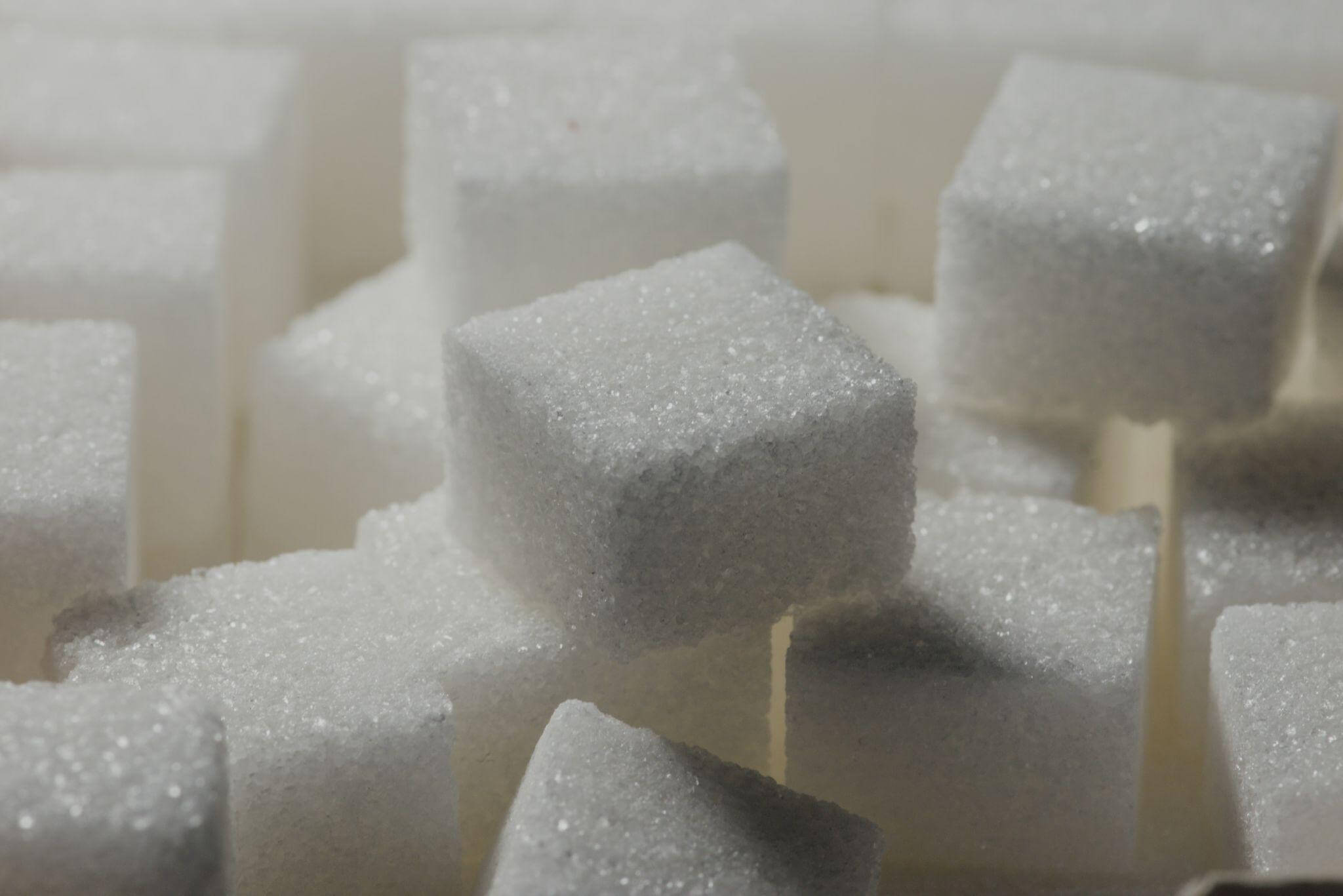Eat Smarter, Think Sharper: What to Eat for Brain Health
When was the last time you thought about how your food affects your mind, not just your waistline? Understanding what to eat for brain health could be the key to unlocking sharper focus, deeper resilience, and longer cognitive vitality.
Dr. Kavin Mistry, MD, a board-certified neuroradiologist and longevity expert, explains how gut-healthy foods can influence memory, mood, and inflammation–and how your plate could be your brain’s most powerful tool.
Gut Healthy Foods That Support Cognitive Function
| Food Category | Examples | Brain Benefit |
|---|---|---|
| Fermented Foods | Kimchi, sauerkraut, kefir | Supports microbiome and reduces inflammation |
| Omega-3 Fatty Acids | Salmon, sardines, walnuts | Enhances memory and neural repair |
| Fiber-Rich Greens | Spinach, kale, Swiss chard | Supports digestion and brain signaling |
| Polyphenol-Rich | Blueberries, green tea, cacao | Fights oxidative stress, improves mood |
Gut First, Brain Follows
Your gut isn’t just a digestion center–it’s a neurochemical factory. Studies show 90% of serotonin, your brain’s “feel-good” chemical, is produced in the gut. The NIH confirms that diverse gut bacteria enhance mood, cognition, and long-term brain health
Dr. Mistry’s Primal Health Design system encourages choosing foods that nourish this microbial balance. When your gut thrives, your brain follows
“A diverse gut microbiome is crucial for digestion, immunity, and even mental health, as these trillions of bacteria work in concert to influence our well-being.”
— Dr. Kavin Mistry, Primal Health Design
What to Eat: Gut Healthy Foods That Fuel Cognitive Function

Here’s a sample from Dr. Kavin Mistry’s 21-Day Reset protocol:
- Breakfast: 3-egg spinach omelet with turmeric, avocado, and sauerkraut
- Lunch: Grilled salmon with arugula, walnuts, and blueberries
- Snack: Kefir smoothie with flax, cinnamon, and dark chocolate
- Dinner: Roasted lentils with garlic, cumin, and steamed broccoli
This plan supports neurogenesis, reduces brain fog, and stabilizes energy without stimulants
Feed the Brain, Protect the Future
Ultra-processed foods, those loaded with additives, refined sugars, and preservatives, aren’t just bad for your waistline. Research published in JAMA Neurology found that adults whose diets consisted of more than 20% ultra-processed foods experienced a 28% faster rate of cognitive decline over time, especially in memory and executive function tasks.
Excess added sugar is another culprit. According to the CDC, high sugar intake is linked not only to metabolic issues, but also to increased inflammation and impaired brain function—factors that can accelerate cognitive aging.

Watch: Dr. Kavin on Gut-Healthy Eating
In this YouTube Short, Dr. Mistry breaks down how ancestral ingredients fuel your brain faster than any modern nootropic. It’s gut-to-neuron in real time.
Foundational Insights from the Book
In his bestselling book Primal Health Design, Dr. Mistry explores how nutrition impacts neuroplasticity, inflammation, and memory. He goes deeper into food-as-medicine, connecting ancient practices to the most current brain science.
Learn more about this in his LinkedIn article on brain nutrition
How to Get Started with Brain-Focused Eating
Want a simple place to start? Focus on gut healthy foods–they feed your second brain and shape how your first one functions.
Protecting your cognition isn’t a trend. It’s a daily ritual.
Explore the 21-Day Reset Course, a practical application of Dr. Mistry’s neuroscience and nutrition expertise. Pair it with his book, which outlines the seven key paradigms that influence both biological and cognitive age.
Together, they’re more than a plan, they form your personalized longevity blueprint.
FAQ
Q. What foods improve brain fog and focus?
A: Omega-3s, fermented foods, and polyphenol-rich berries are key to improving mental clarity, energy, and memory.
Q. Are gut-healthy foods good for your mood?
A: Yes. A balanced gut microbiome improves serotonin levels, sleep, and stress regulation.
Q. How is Dr. Kavin Mistry’s approach different?
A: His framework blends brain imaging, ancestral eating, and epigenetic science–making it both grounded in medicine and effective in daily life.

